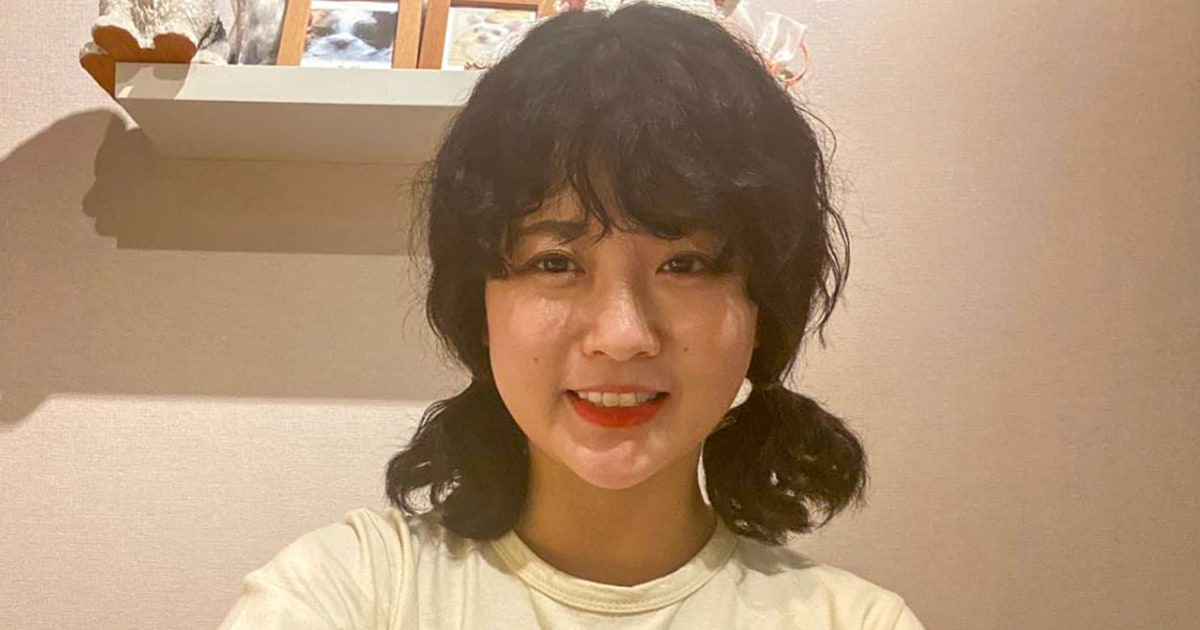
Baek Se-hee, South Korean author who documented her mental health struggles, dies at 35
Baek Se-hee, the South Korean author who wrote about her mental health struggles in the bestselling 2018 memoir “I Want to Die but I Want to Eat Tteokbokki,” has died at the age of 35.
The Korea Organ Donation Agency announced Baek’s death on Thursday, stating that the author saved five lives through organ donation of her heart, lungs, liver, and kidneys at the National Health Insurance Service Islan Hospital in South Korea.
The cause of her death was not revealed.
Following Baek’s passing, her publishing company, Bloomsbury, posted a statement from her editor on Friday.
“The generosity Baek Se-hee showed in sharing her own story with such vulnerability and candour cannot be understated,” the statement said. “To read her books is to want to talk about them. She sought connection, always, and wanted her words to be of help and consolation.”
Anton Hur, Baek’s translator, took to social media Thursday, writing that “she touched yet millions of lives more with her writing. My thoughts are with her family.”
Prior to her death, the author opened up about her struggles with depression and anxiety in her 2018 memoir and self-help book, “I Want to Die but I Want to Eat Tteokbokki.”
Bloomsbury’s description of the internationally bestselling memoir states, “Recording her dialogues with her psychiatrist over a twelve-week period, and expanding on each session with her own reflective micro-essays, Baek begins to disentangle the harmful behaviors that keep her locked in a cycle of self-abuse.”
Following the book’s success, Baek published a sequel in 2019 titled “I Want to Die but I Still Want to Eat Tteokbokki,” in which she “vulnerably shows that striving for contentment is an ongoing journey,” according to Bloomsbury.
In her writing, she revealed her battle with dysthymia, defined by the National Institute of Mental Health (NIH) as a persistent depressive disorder “characterized by chronic low-level depression that is not as severe, but may be longer lasting than, major depressive disorder.”
An estimated 1.5% of U.S. adults had dysthymia in the past year, as reported by the NIH.
If you or someone you know is in crisis, call 988 to reach the Suicide and Crisis Lifeline. You can also call the network, previously known as the National Suicide Prevention Lifeline, at 800-273-8255, text HOME to 741741 or visit SpeakingOfSuicide.com/resources for additional resources.
First Appeared on
Source link






